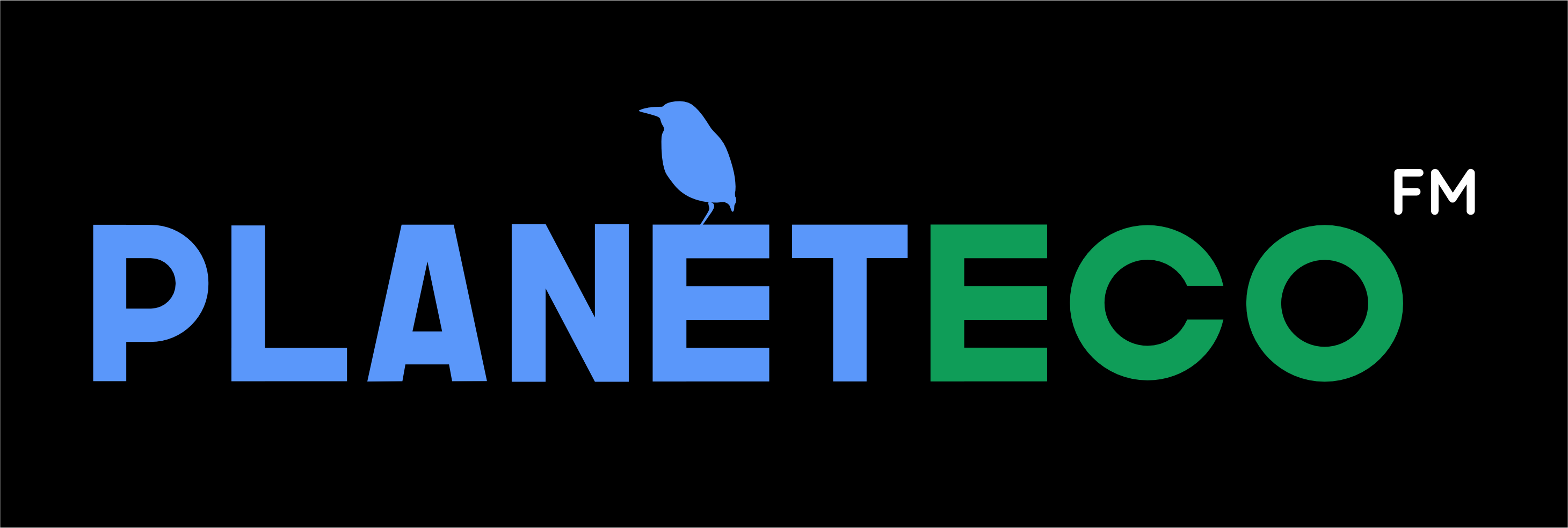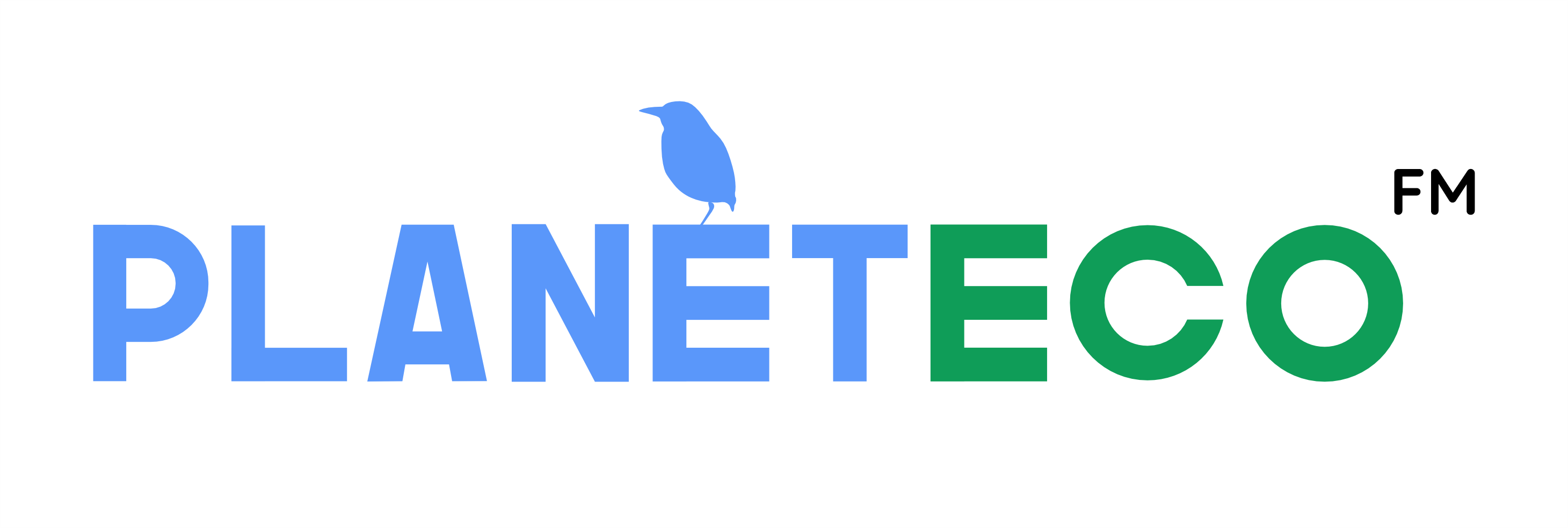In Nigeria, waste management is a growing concern due to rapid urbanization and population growth. These factors have led to increased waste generation, putting pressure on existing waste management systems. In response to this challenge, community-led waste sorting programs are emerging as a sustainable solution to promote effective waste management practices and build cleaner, greener communities across the country.
Empowering Communities
One of the key aspects of community-led waste sorting programs is their ability to empower local communities. By actively involving residents in waste sorting activities, these programs foster a sense of ownership and responsibility for the environment. This sense of ownership is crucial for fostering long-term behavior change and promoting sustainable waste management practices.
Environmental Benefits
Community-led waste sorting programs also offer significant environmental benefits. By segregating waste at the source, these programs reduce the amount of waste that ends up in landfills, thereby reducing the environmental impact of waste disposal. Additionally, sorting waste allows for the identification of recyclable materials, which can be processed and reused, further reducing the strain on natural resources.
Economic Opportunities
In addition to their environmental benefits, community-led waste sorting programs can also create economic opportunities for local communities. Recycling and composting activities can generate income for community members, particularly those from marginalized or disadvantaged backgrounds. This not only helps to alleviate poverty but also contributes to the overall economic development of the community.
Social Impact
Furthermore, community-led waste sorting programs can have positive social impacts. By bringing residents together to work towards a common goal, these programs foster a sense of community cohesion and solidarity. They also provide a platform for education and awareness-raising on environmental issues, helping to build a more informed and environmentally conscious society.
Challenges and Solutions
Despite their numerous benefits, community-led waste sorting programs also face challenges. One of the main challenges is ensuring the active participation of community members. This requires effective communication and engagement strategies to motivate residents to participate in waste sorting activities consistently. Additionally, there is a need for adequate infrastructure and resources to support these programs. Governments, NGOs, and other stakeholders play a crucial role in providing the necessary support and resources to ensure the success of these programs.
Conclusion
In conclusion, community-led waste sorting programs have the potential to transform waste management practices in Nigeria and build a more sustainable future for the country. By empowering local communities, generating economic opportunities, and fostering social cohesion, these programs offer a holistic approach to waste management that benefits both people and the planet. With the right support and commitment, community-led waste sorting programs can play a key role in building a cleaner, greener Nigeria for generations to come.



